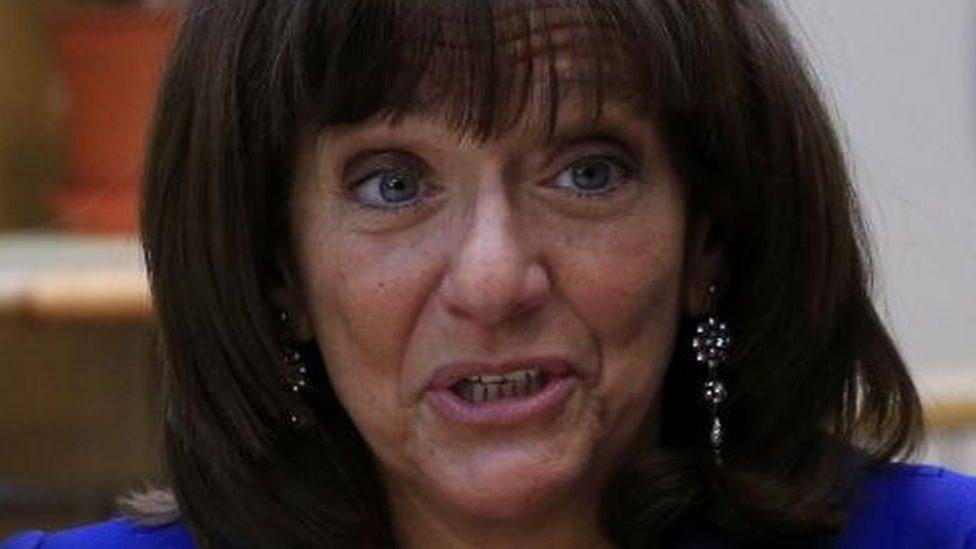'Pensions' delicate balance' post Brexit vote
- Published

Pensions Minister Ros Altmann says there is a "delicate balancing act" to maintain the strength of pension schemes amid the uncertainty of Brexit.
Some companies are under pressure to keep the deficits of their final salary pension schemes under control.
But Baroness Altmann said companies should not be forced to spend too much plugging these deficits at a time when the economy needed boosting.
Hints about further stimulus for the UK economy were made earlier in the week.
Mark Carney, the governor of the Bank of England, signalled potential cuts to interest rates or further quantitative easing, or, in effect, money printing.
Both of these could affect the health of company pension schemes.
Chancellor George Osborne has also signalled that it is necessary to abandon a plan to achieve a budget surplus by 2020.
Ms Altmann told BBC Radio 4's Money Box: "It is important when the government, in making its plans for the future, recognises that employers really are having, in some cases, a very difficult time, supporting the pension promises they have made.
"What we don't want to do is offset some of the stimulus that we want to give to the economy by forcing companies to put too much money into their pensions in the near-term if they can't afford it."
Steelworkers' pensions

She stressed that there was a protection scheme in place - the Pension Protection Fund (PPF) - should a company go bust or its pension scheme fail.
One pension scheme that may end up in the PPF is the British Steel Pension Scheme. A £485m pension deficit has been deterring potential buyers of Tata Steel's UK business.
A consultation on the pension scheme's future has been carried out, considering various options.
One option is to base the scheme's annual increase on the Consumer Prices Index (CPI) inflation measure, which is usually below the Retail Prices Index (RPI) measure currently used. Others include separating the scheme from the employer or transferring savers and pensioners to a new scheme altogether.
But Ms Altmann said there were dangers in giving the scheme preferential treatment.
"What I am determined to do is to make sure that we don't undermine the system of pension protection that we have," she said.
"I think it would be difficult to make preferred preferential arrangements for one particular scheme when we know that there are lots of employers struggling with the costs of their pension arrangements."
Women's pensions
Ms Altmann also repeated her position, following protests and a meeting this week with the campaign group Women Against State Pension Inequality (Waspi), regarding women's state pension age.
Many women born between April 1951 and 1960 have claimed they were not aware that their pension age was being raised by up to six years.
The minister said she had sympathy for their position, but funds for any compromise would have to be found, and that was difficult in the current climate.
She did not want to give any "false promises" she said.
You can hear the interview on Money Box on BBC Radio 4 at 12:00 BST on Saturday, 2 July, and repeated at 21:00 on Sunday, 3 July.